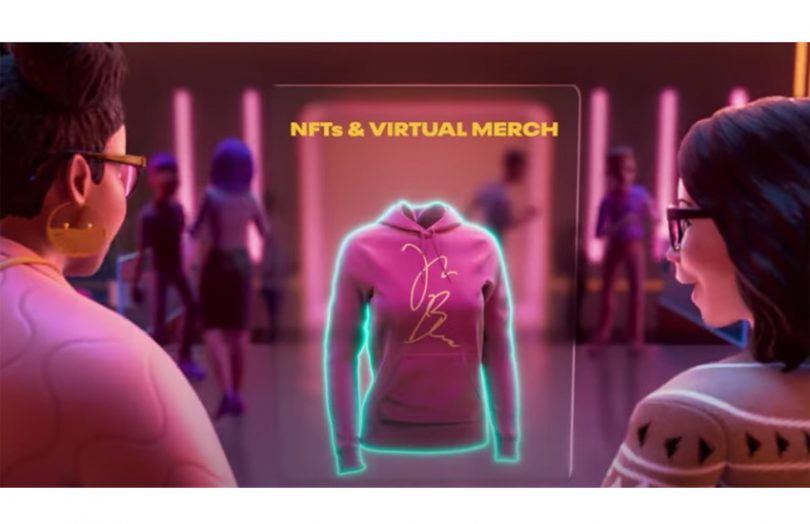Yesterday, Facebook rebranded as Meta and Mark Zuckerberg outlined his vision of the future metaverse. It’s a topic I’m familiar with as I founded a metaverse company more than 15 years ago. Between 2004 and 2008, a string of startups and incumbents created virtual world experiences, including Google (Lively) and Sony (Playstation Home). In 2008 standards body the W3C published a metaverse roadmap. While Facebook unveiled Horizon Workrooms a couple of months back, in 2006, my startup created 3D meeting rooms for McKinsey as well as 3D stores.
So why might Zuckerberg succeed when other big names failed? Sure technology has moved on. That’s certainly a factor, but I don’t believe it’s the only one.
The survivors of the first metaverse wave, Second Life and IMVU, are a strong clue. They are both very social. An analysis of what happened to Sony’s Playstation Home also concluded its strongest feature was the social aspect.
Hence if one company has a trump card in a future metaverse, it should be Facebook.
But expect some hiccups along the way. Consider Google Glasses which were meant to be the gateway to Augmented Reality (AR). Alphabet dropped the product because people felt they were creepy. What about Facebook tracking your facial movements – your moods. What do you think about being targeted with ads based on how you’re feeling today?
Turning to blockchain, if the metaverse concept is to work this time around, non-fungible tokens (NFT) could play an important role. Avatars aren’t just something that should live in a single game or on Twitter. An avatar is a projection of one’s identity. NFTs are one way to enable portability across 3D platforms. But today’s avatars are not compatible with each other and that will need to change. Hence Zuckerberg’s repeated reference to interoperability.
In an interview with Zuckerberg, Ben Thompson asked him whether he envisioned the metaverse as a platform play or p2p.
“I think it’s probably more peer-to-peer,” responded Zuckerberg. “You wouldn’t say that Facebook or Google are building their own Internet and I don’t think in the future it will make sense to say that we are building our own metaverse either.”
In other news, David Marcus, head of Facebook’s Novi – now Meta’s Novi – announced on Twitter that Facebook Financial is being rolled into the Novi subsidiary. He also shared that it has processed over $100 billion in transactions in the last 12 months. However, given Facebook’s revenues were $86 billion in 2020, it’s not clear how much of that is ad payments versus empowering the community.






